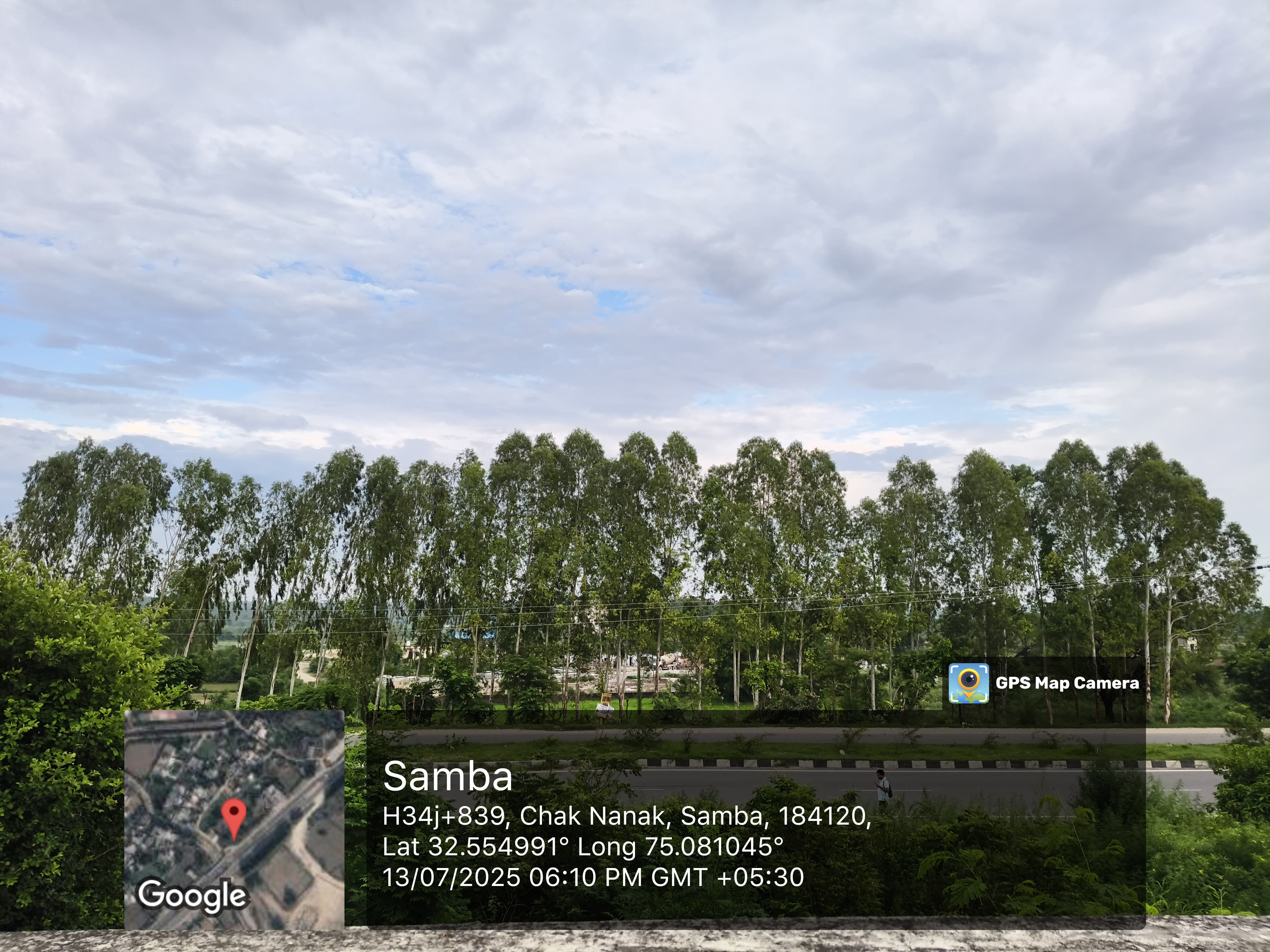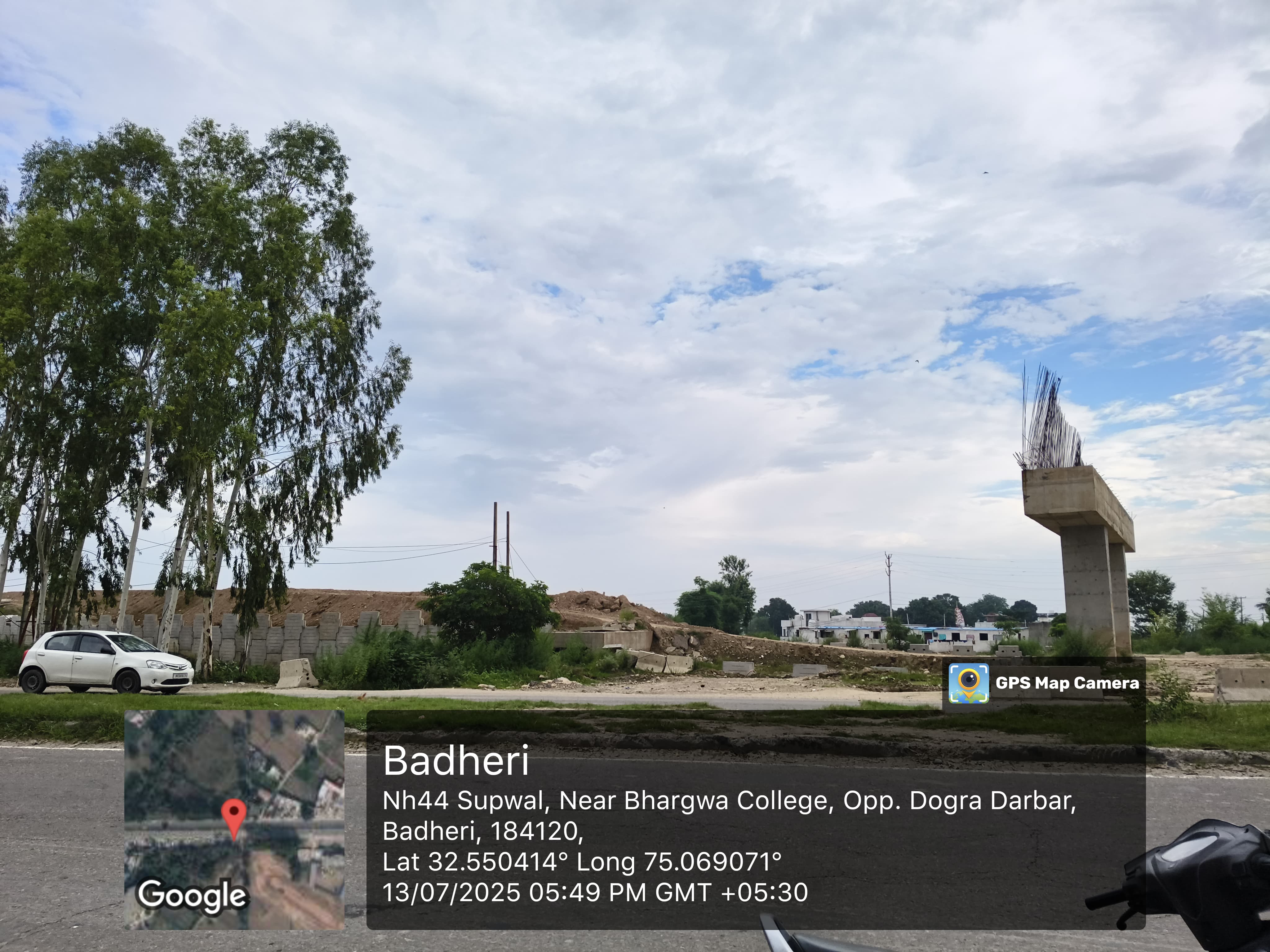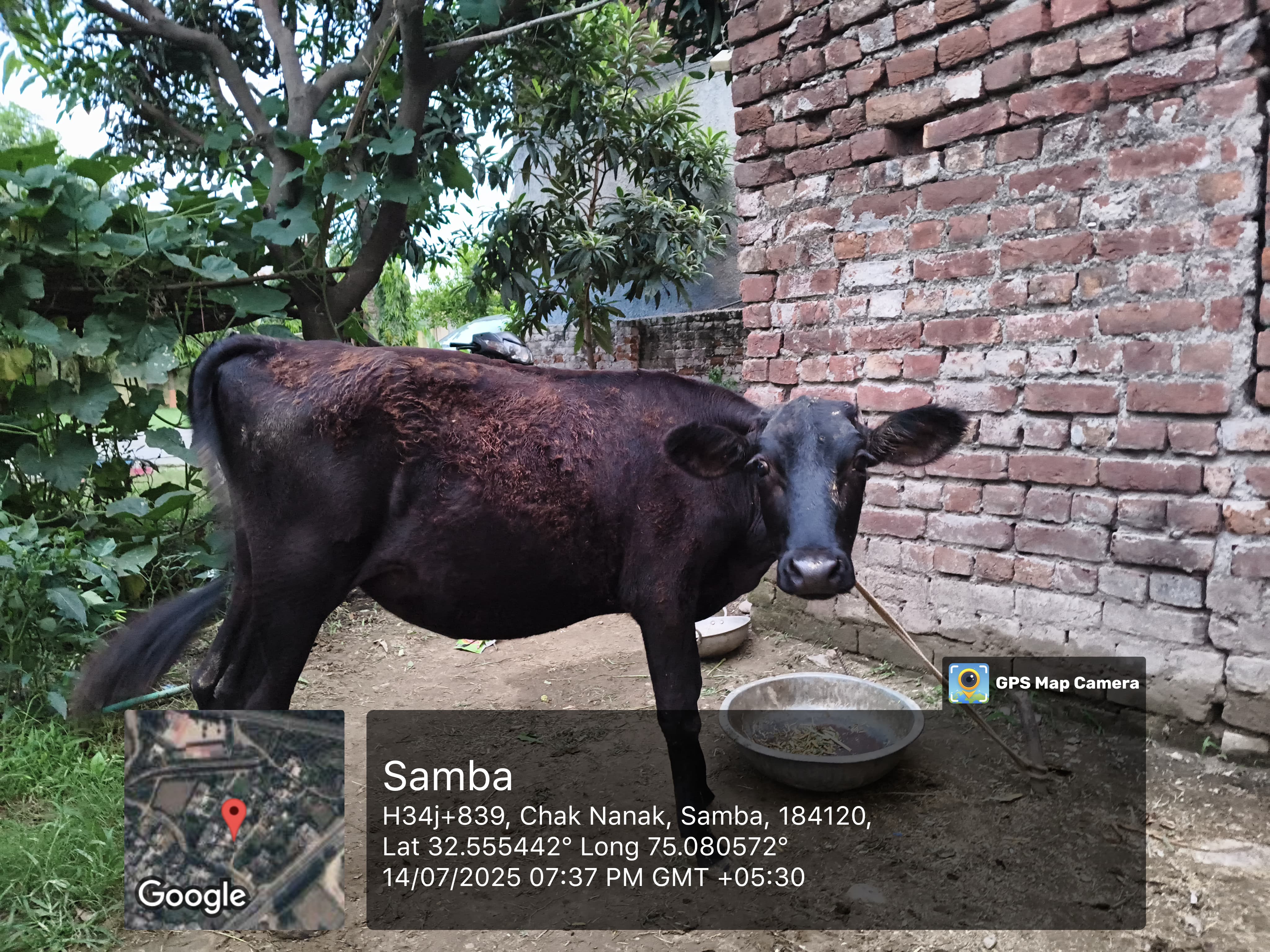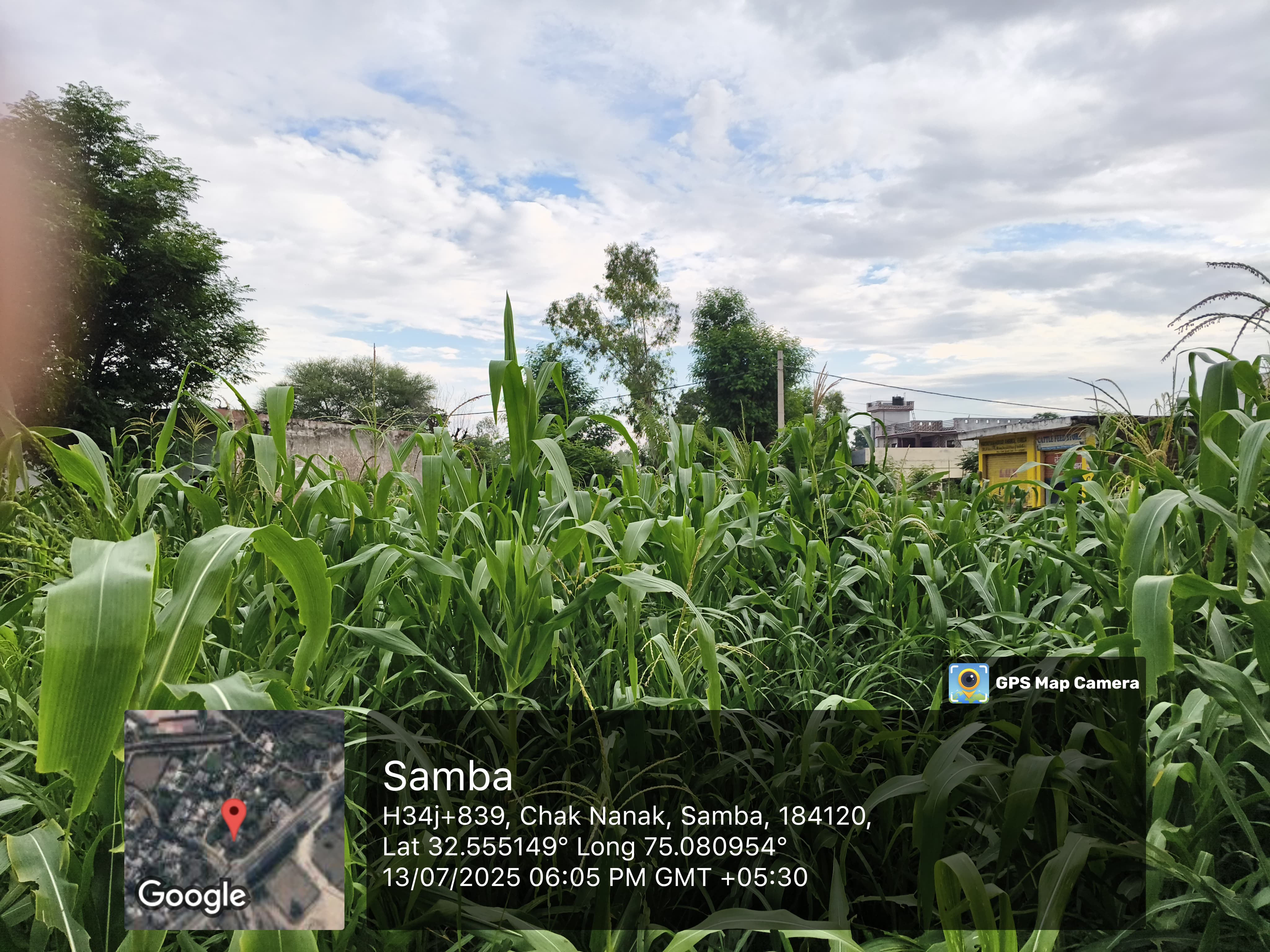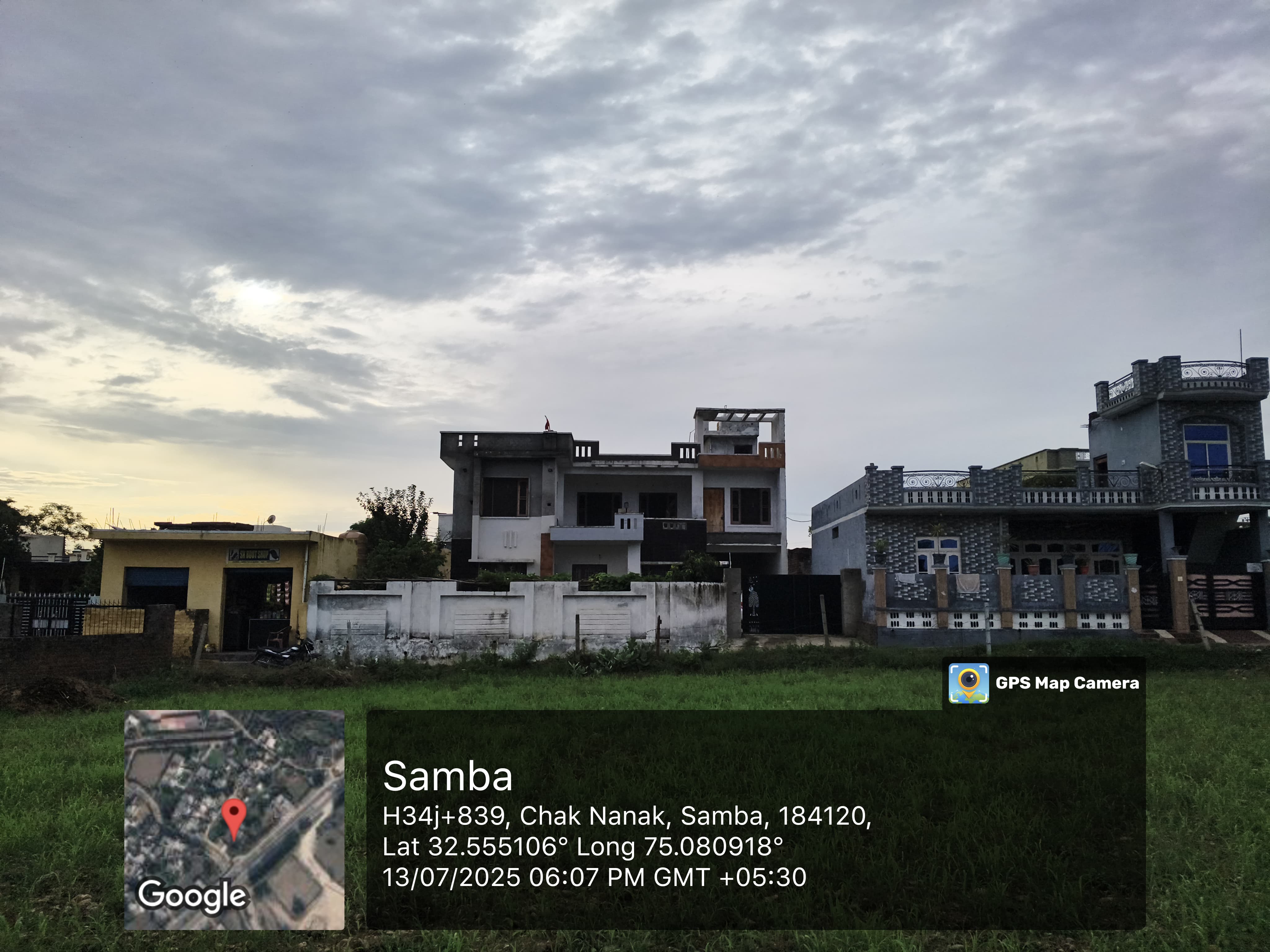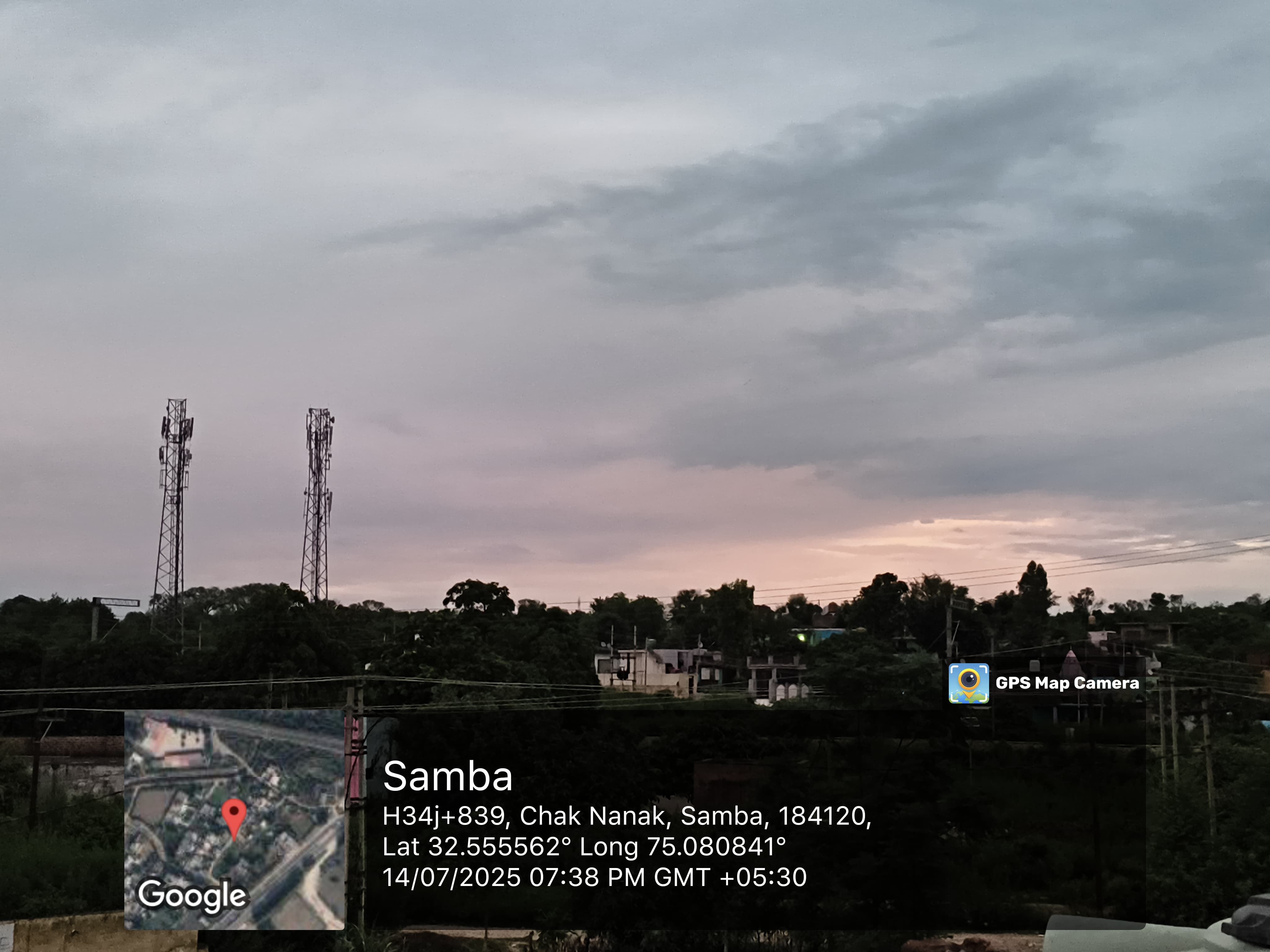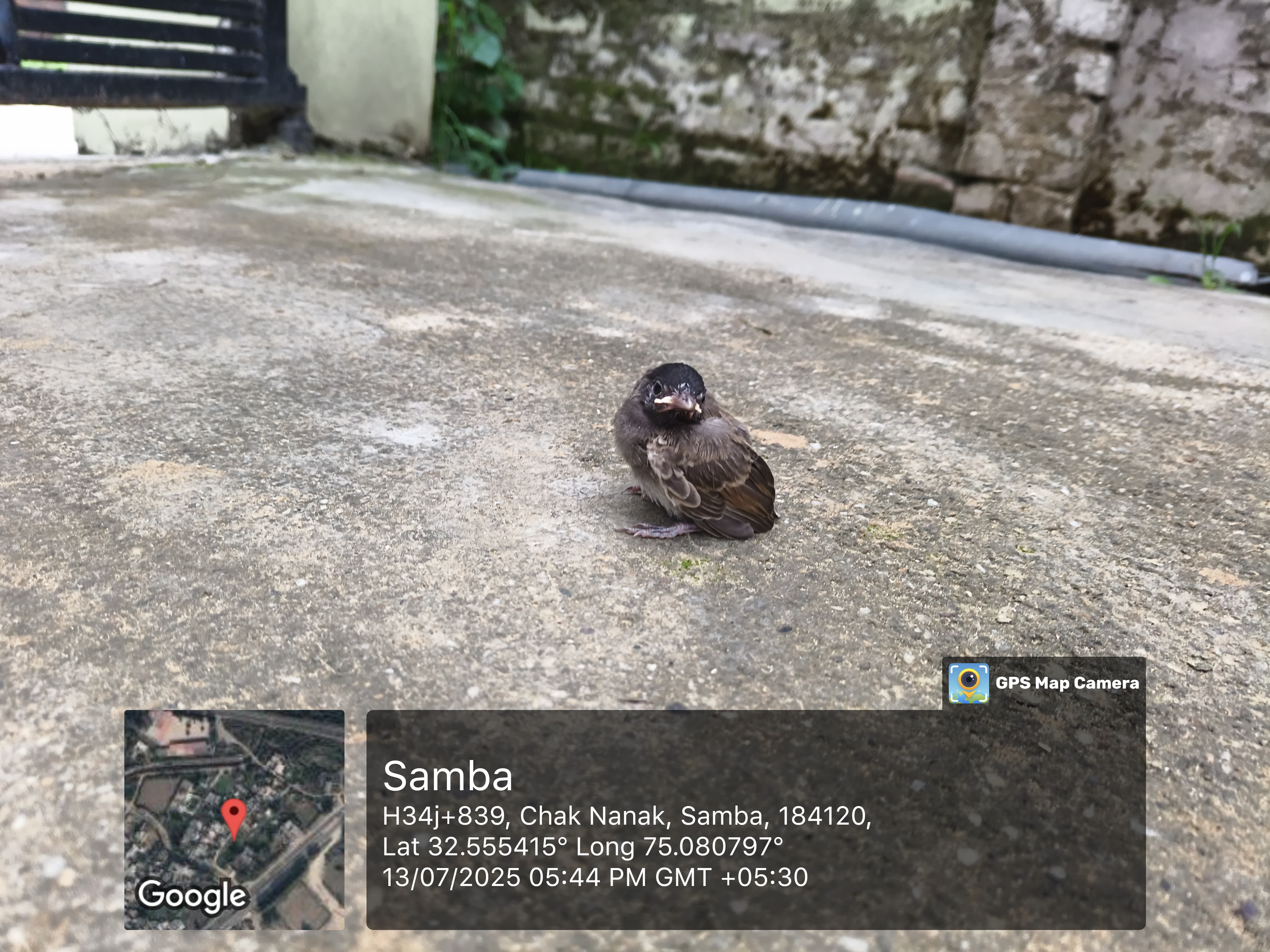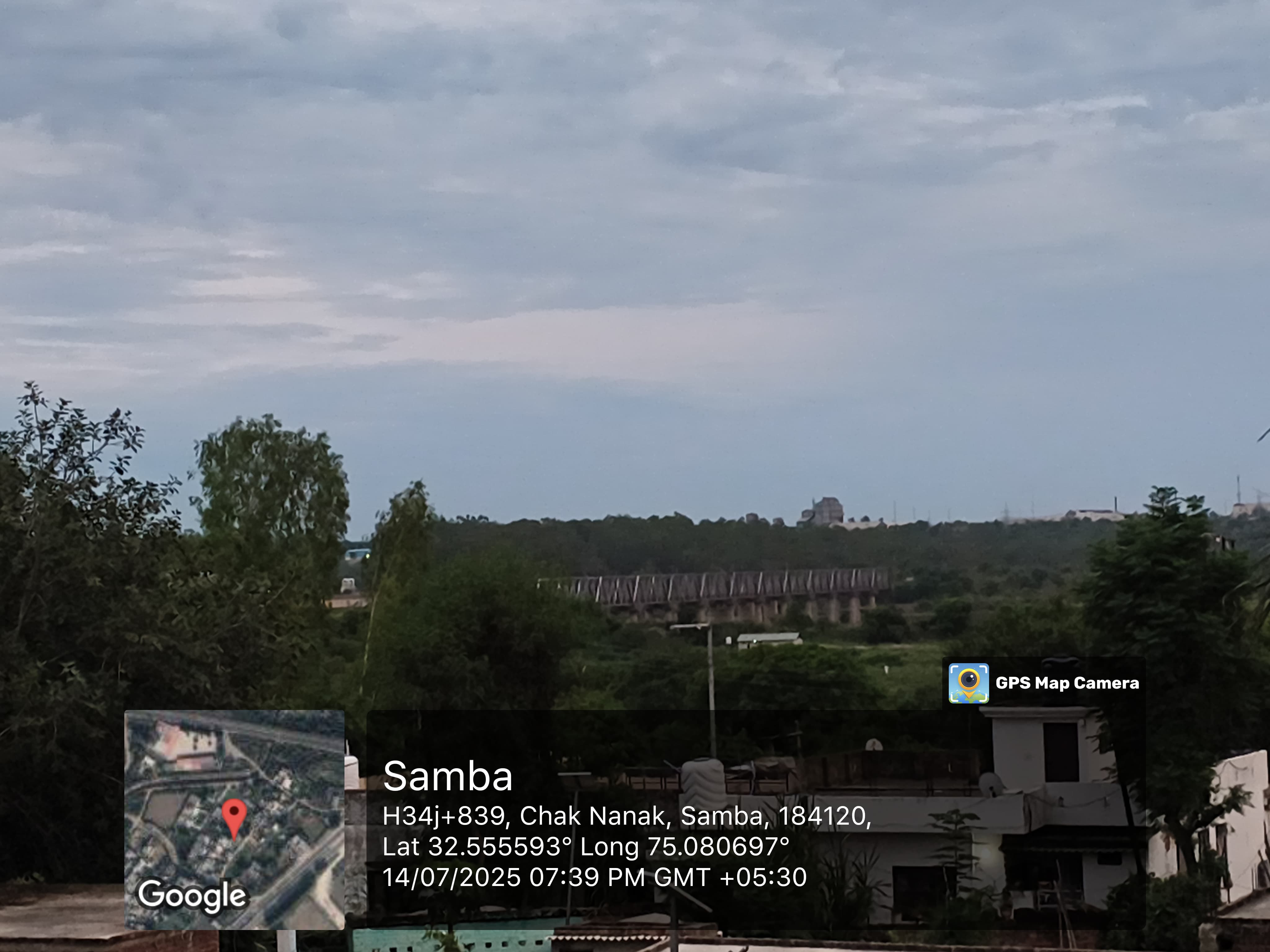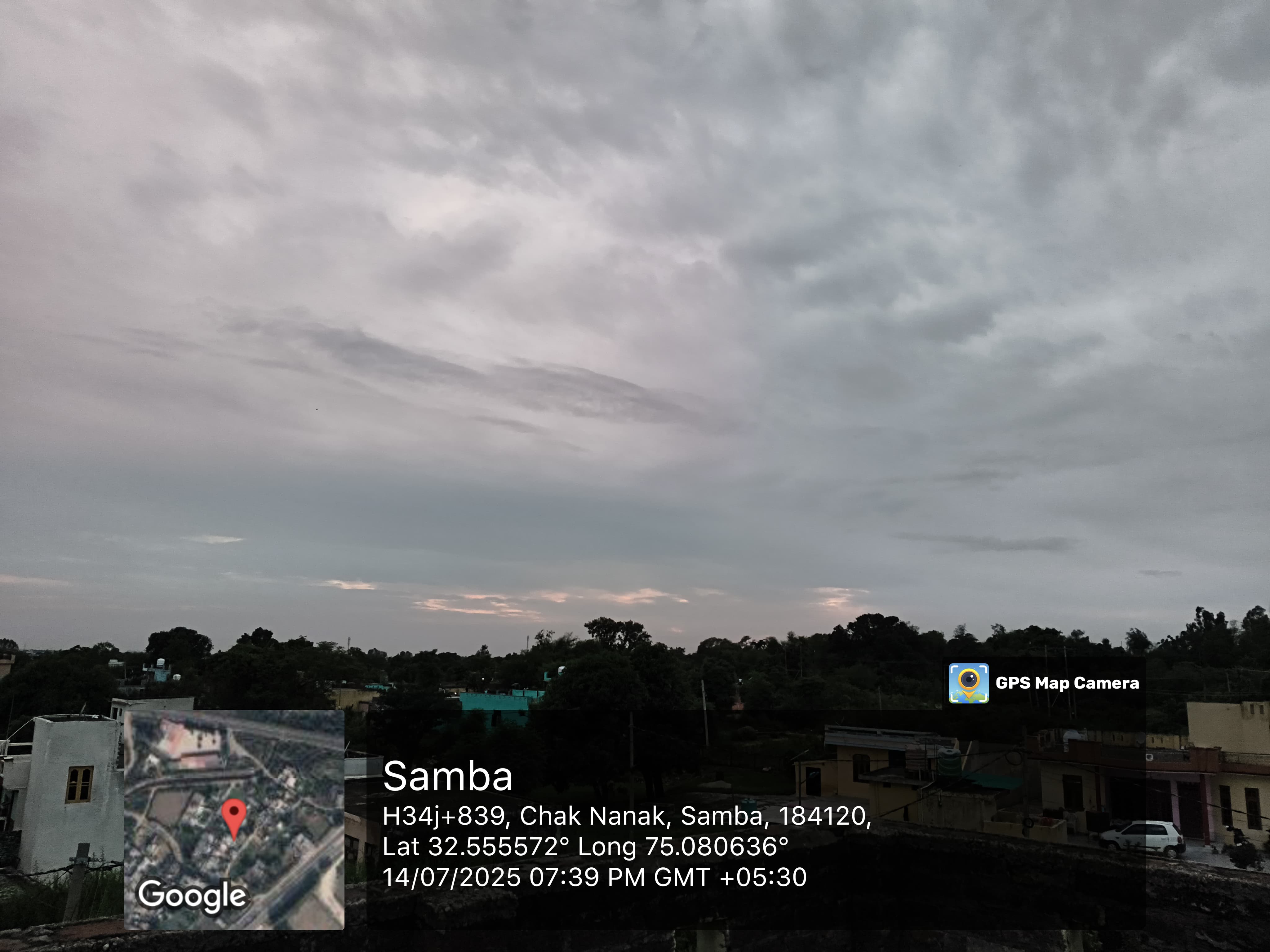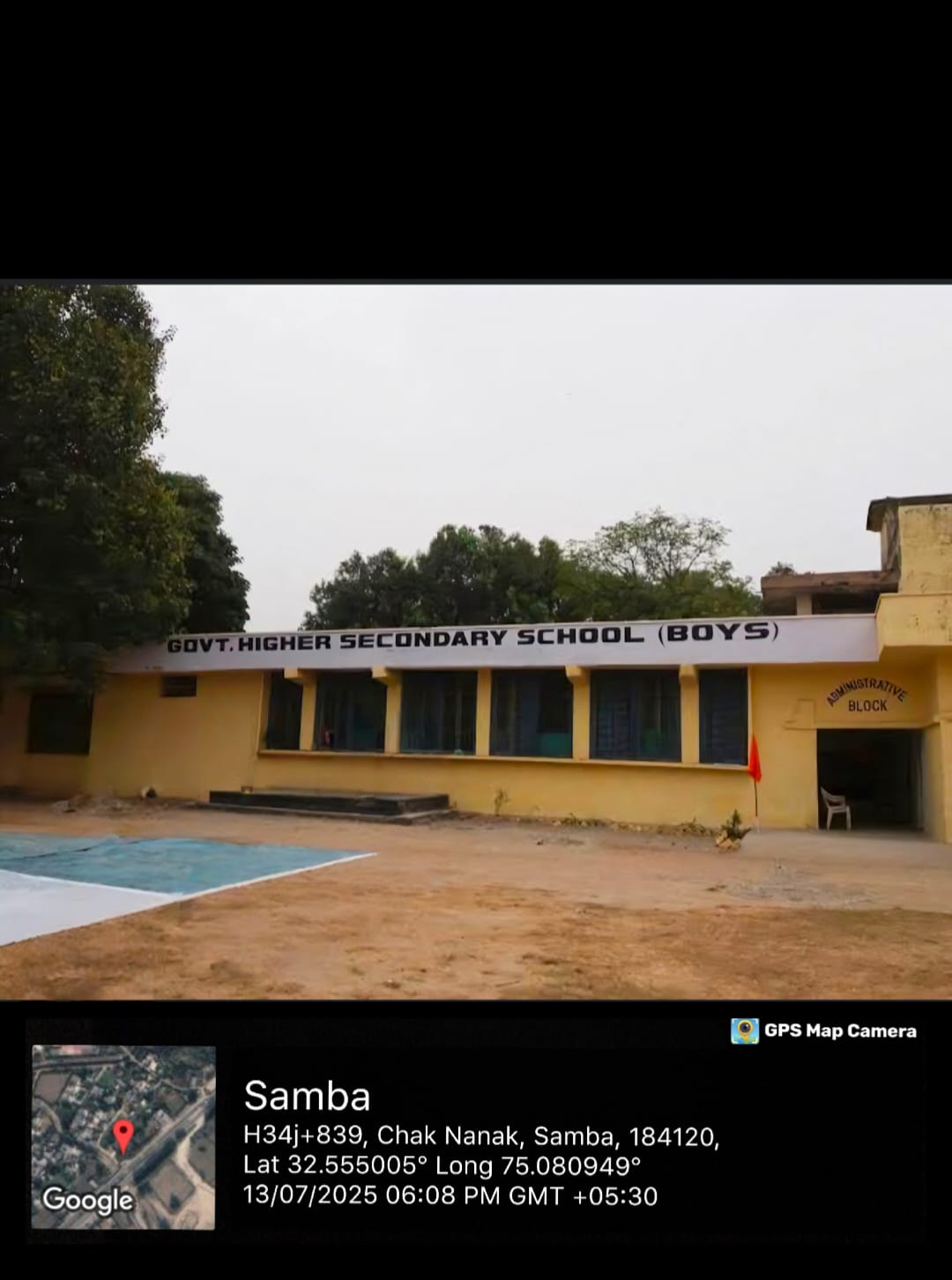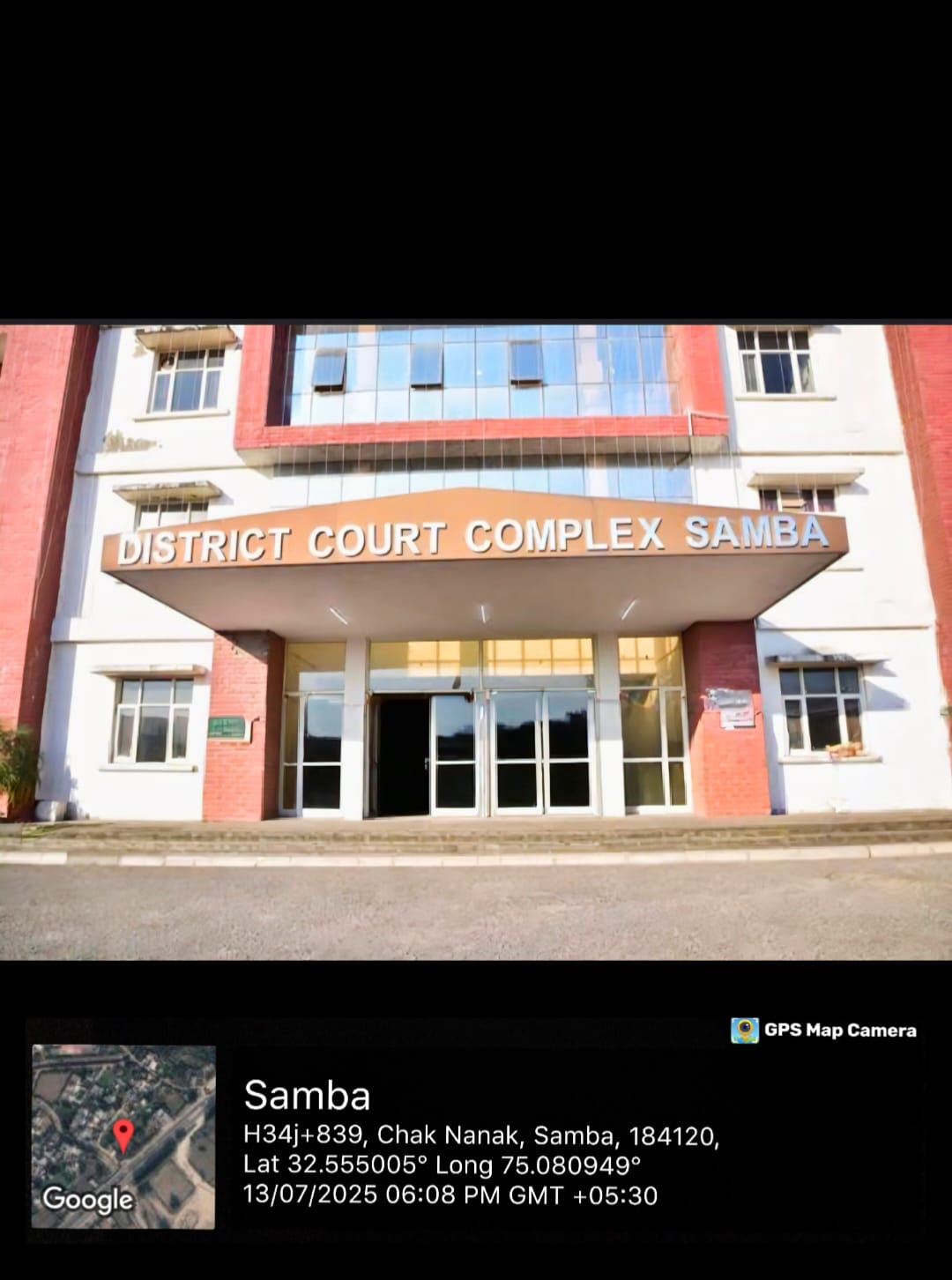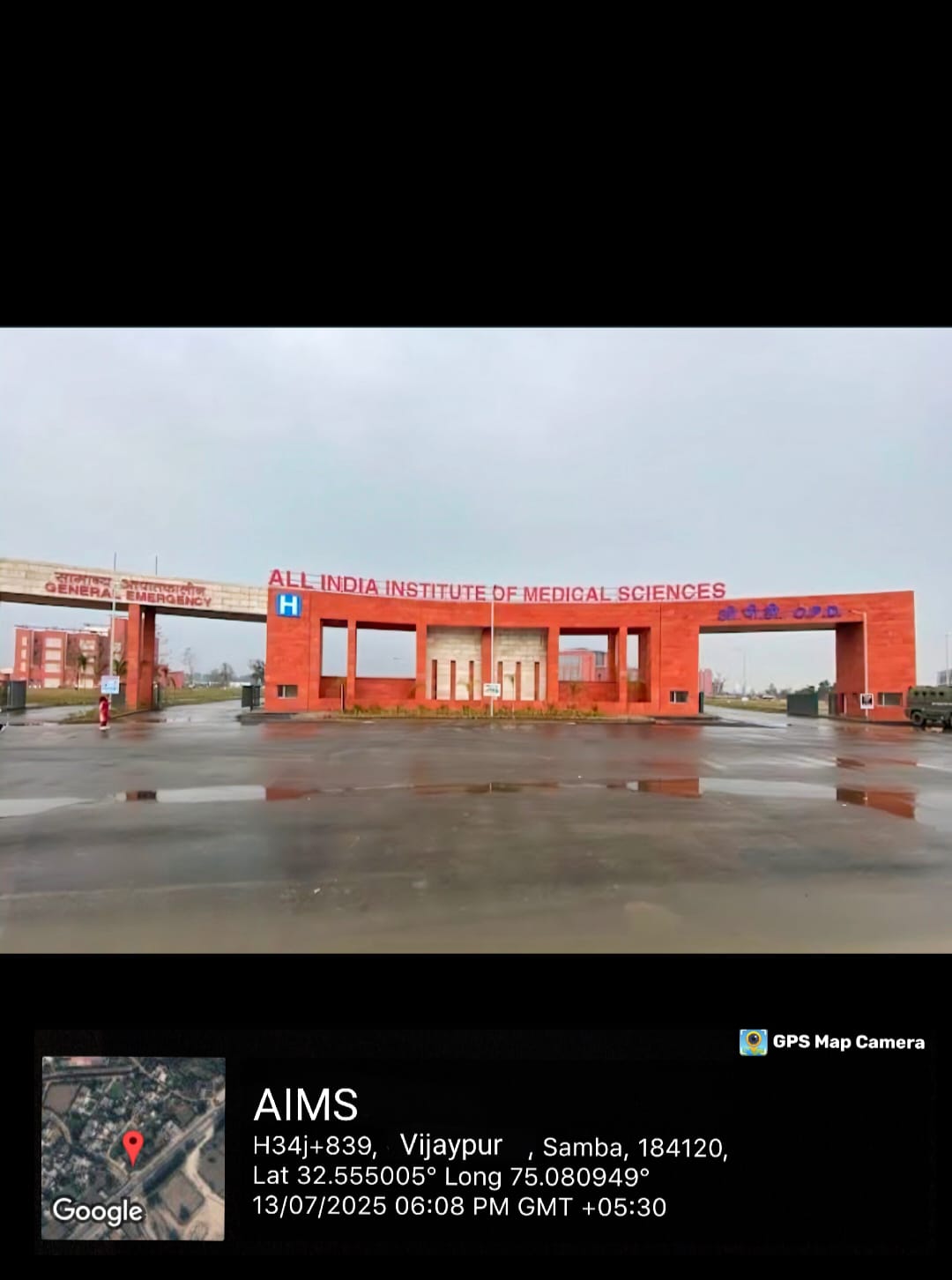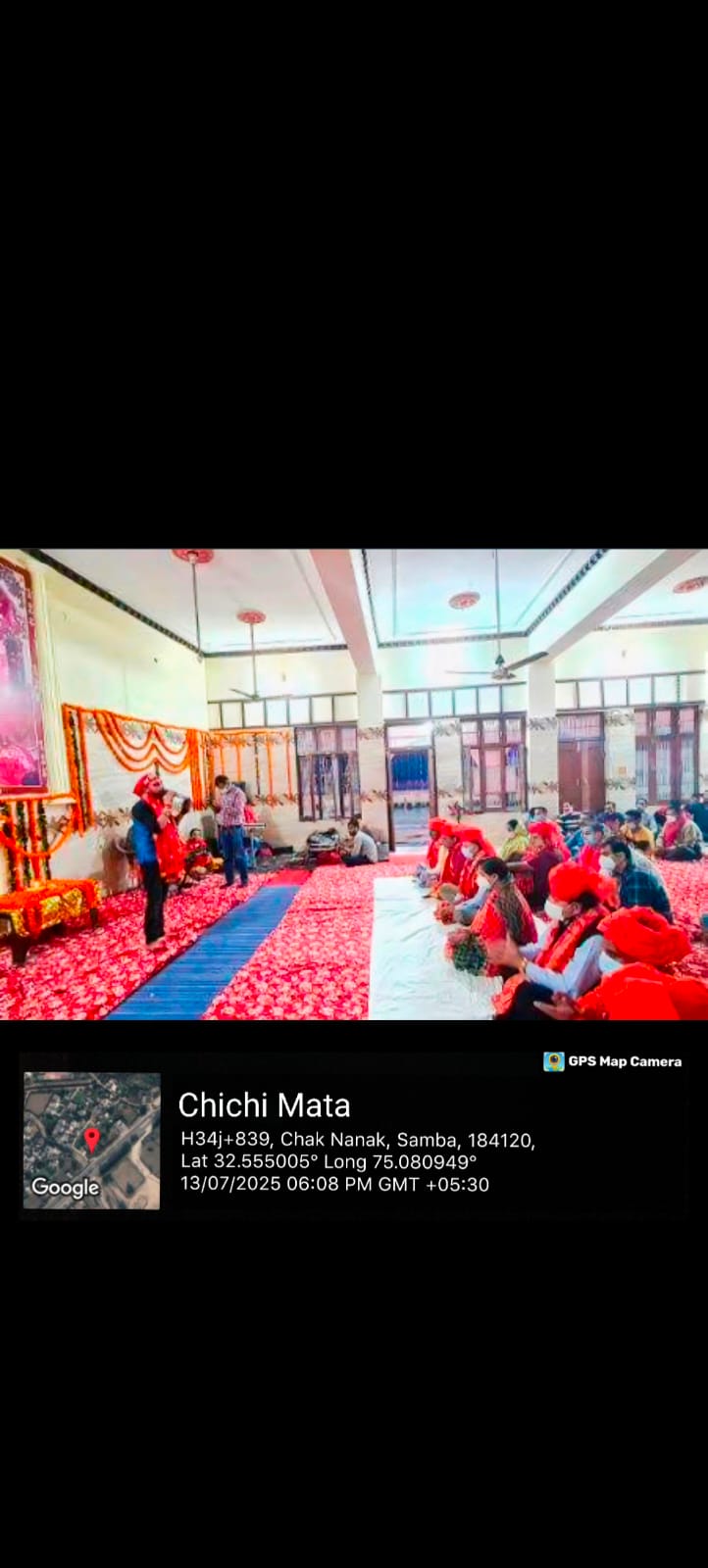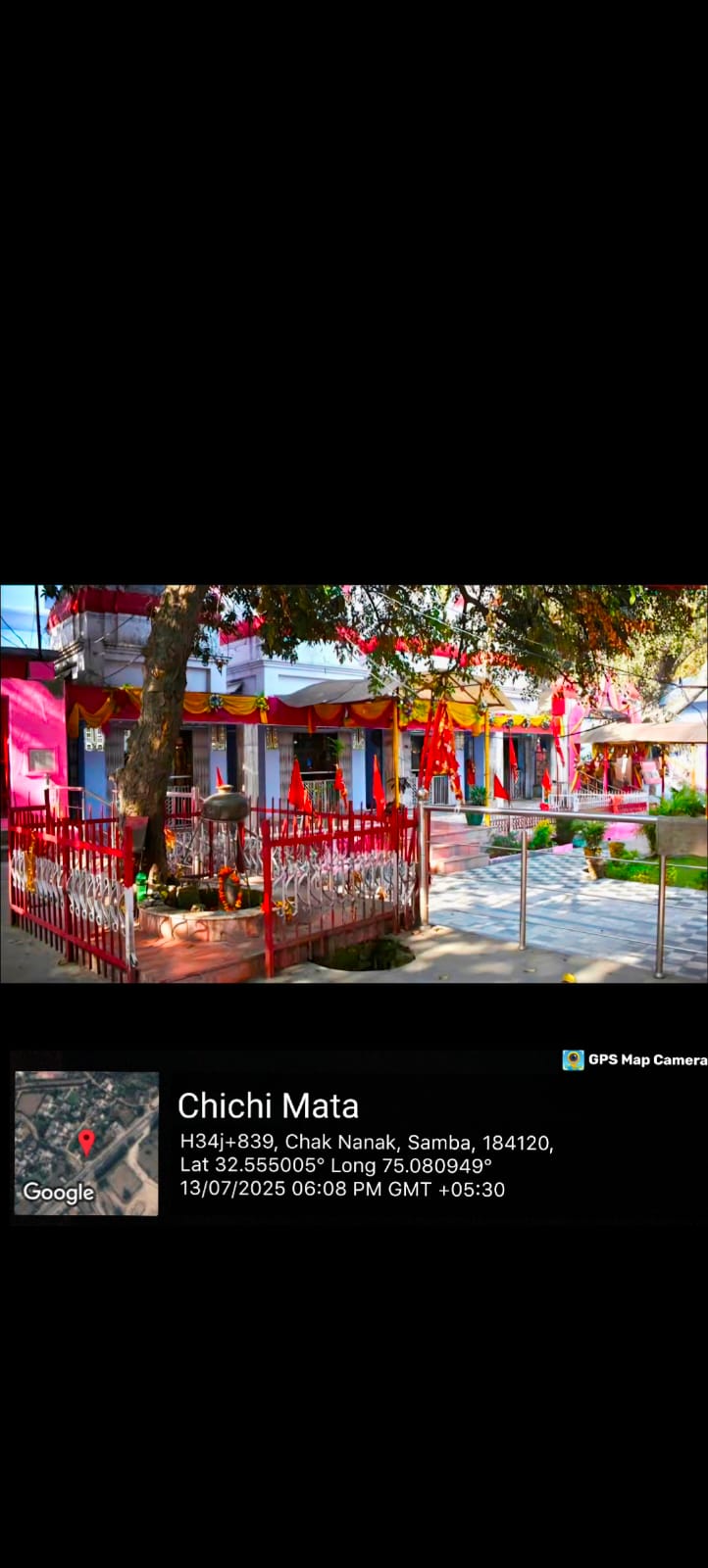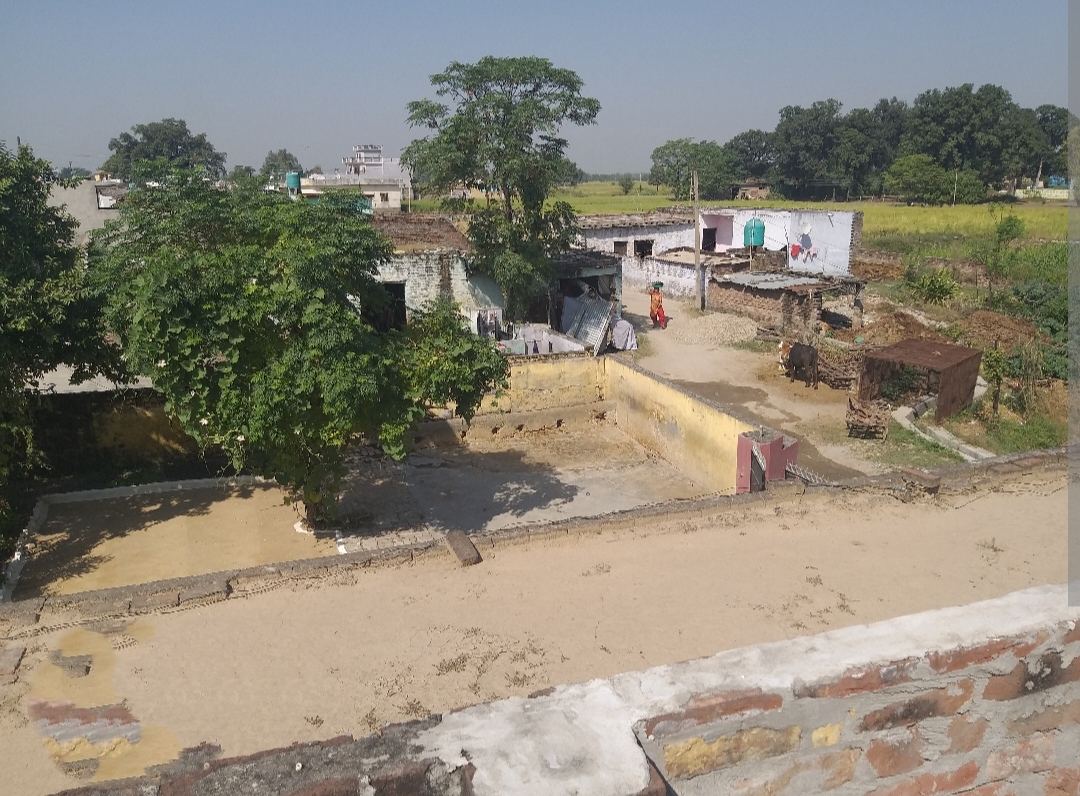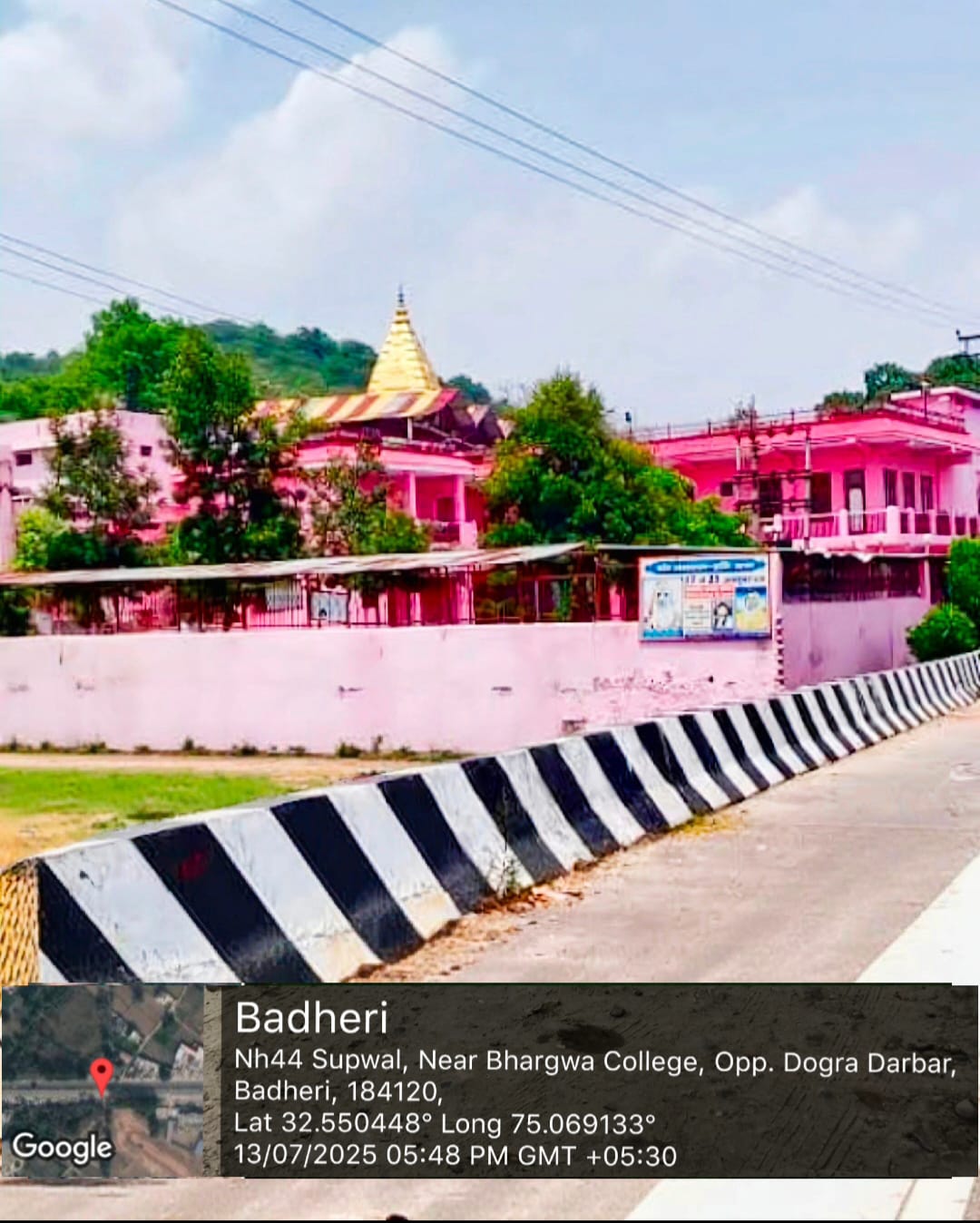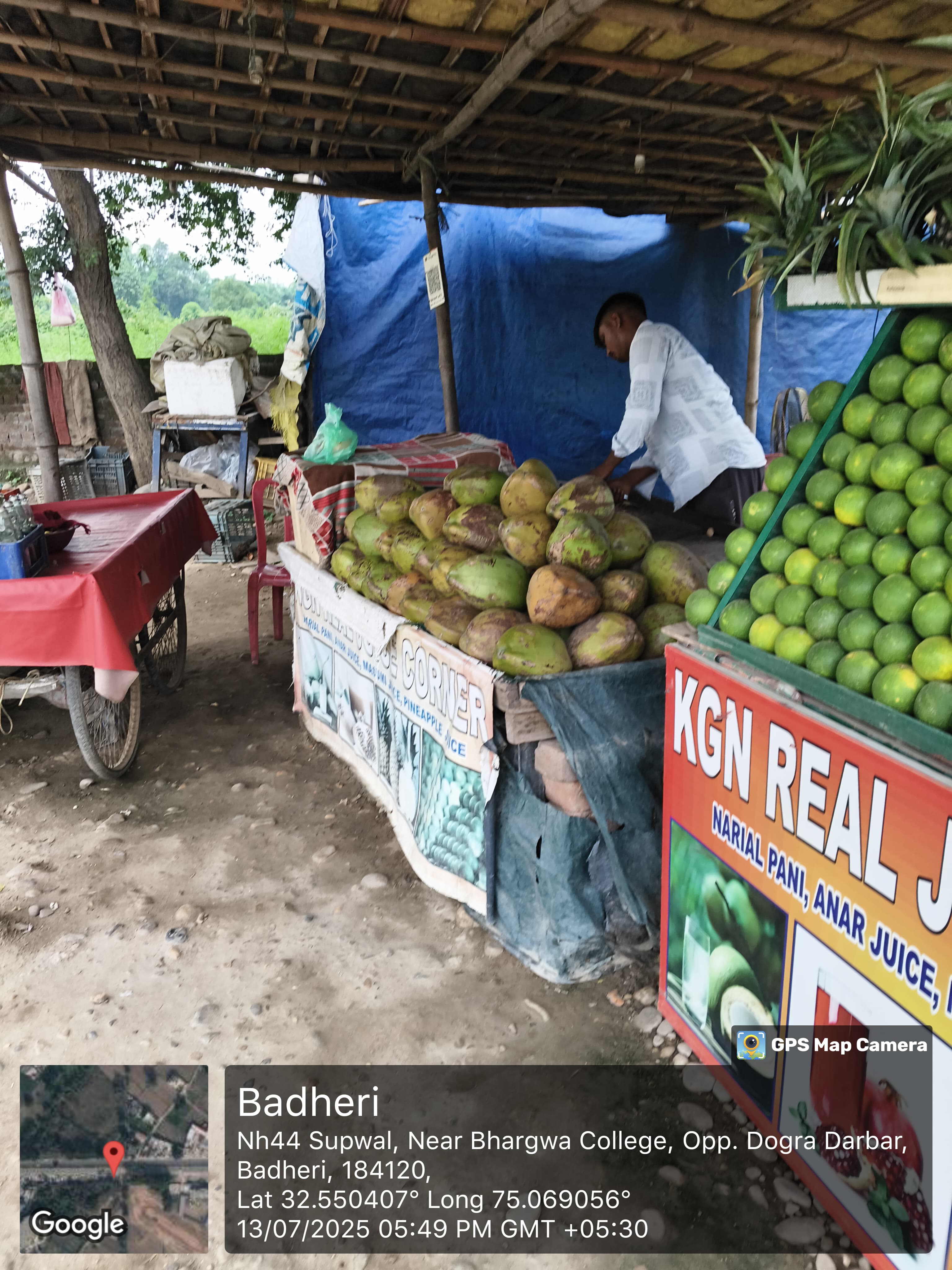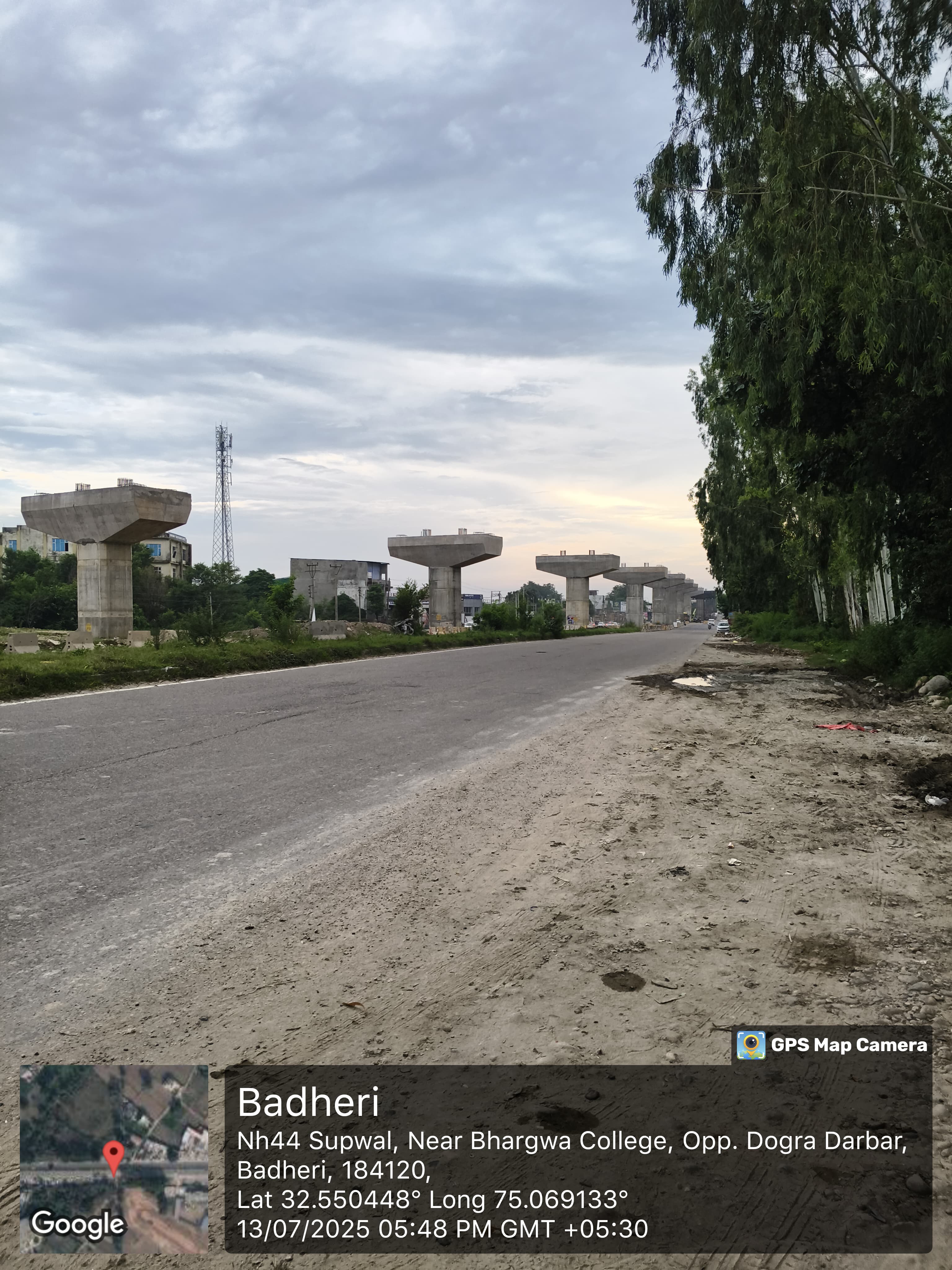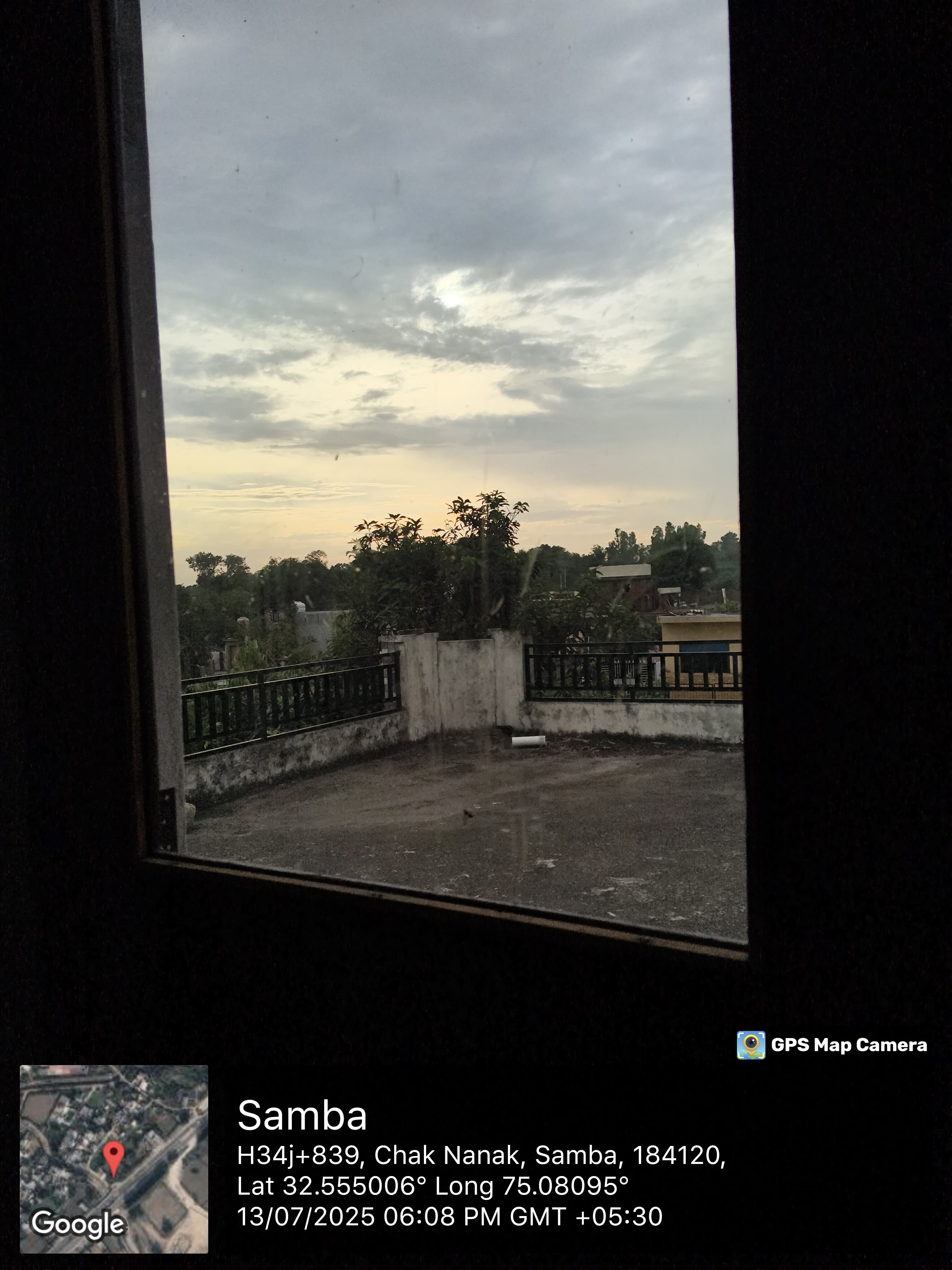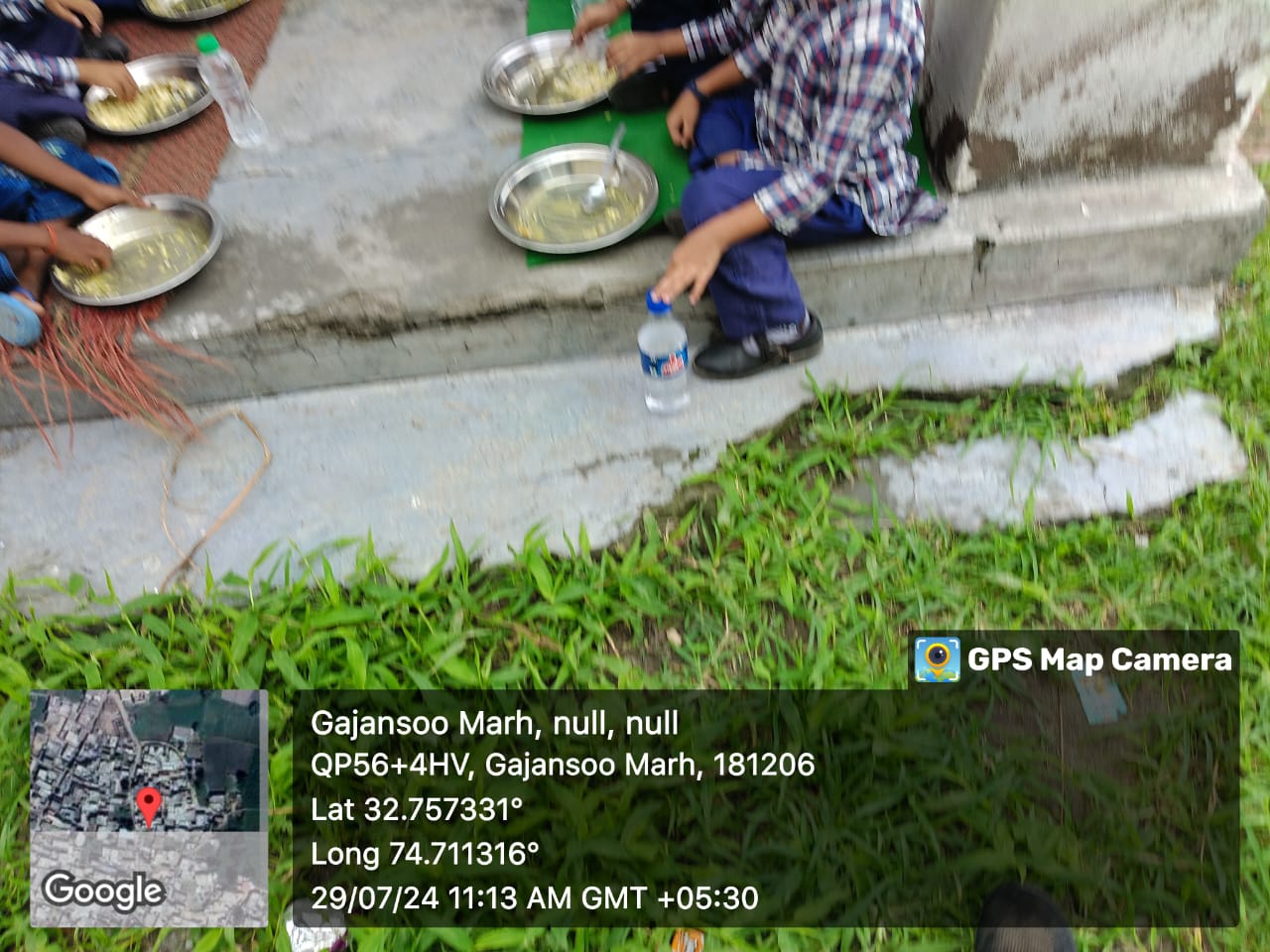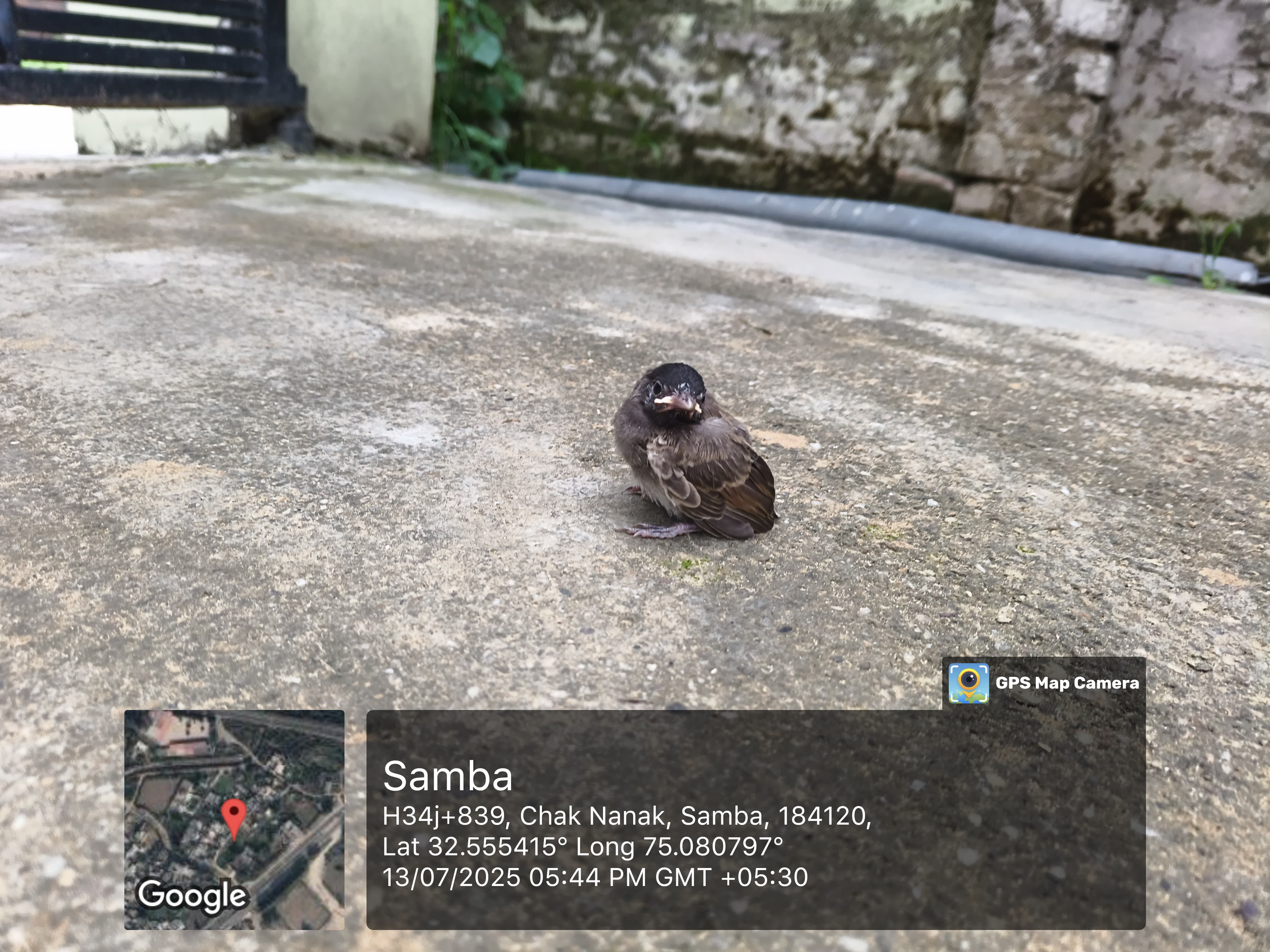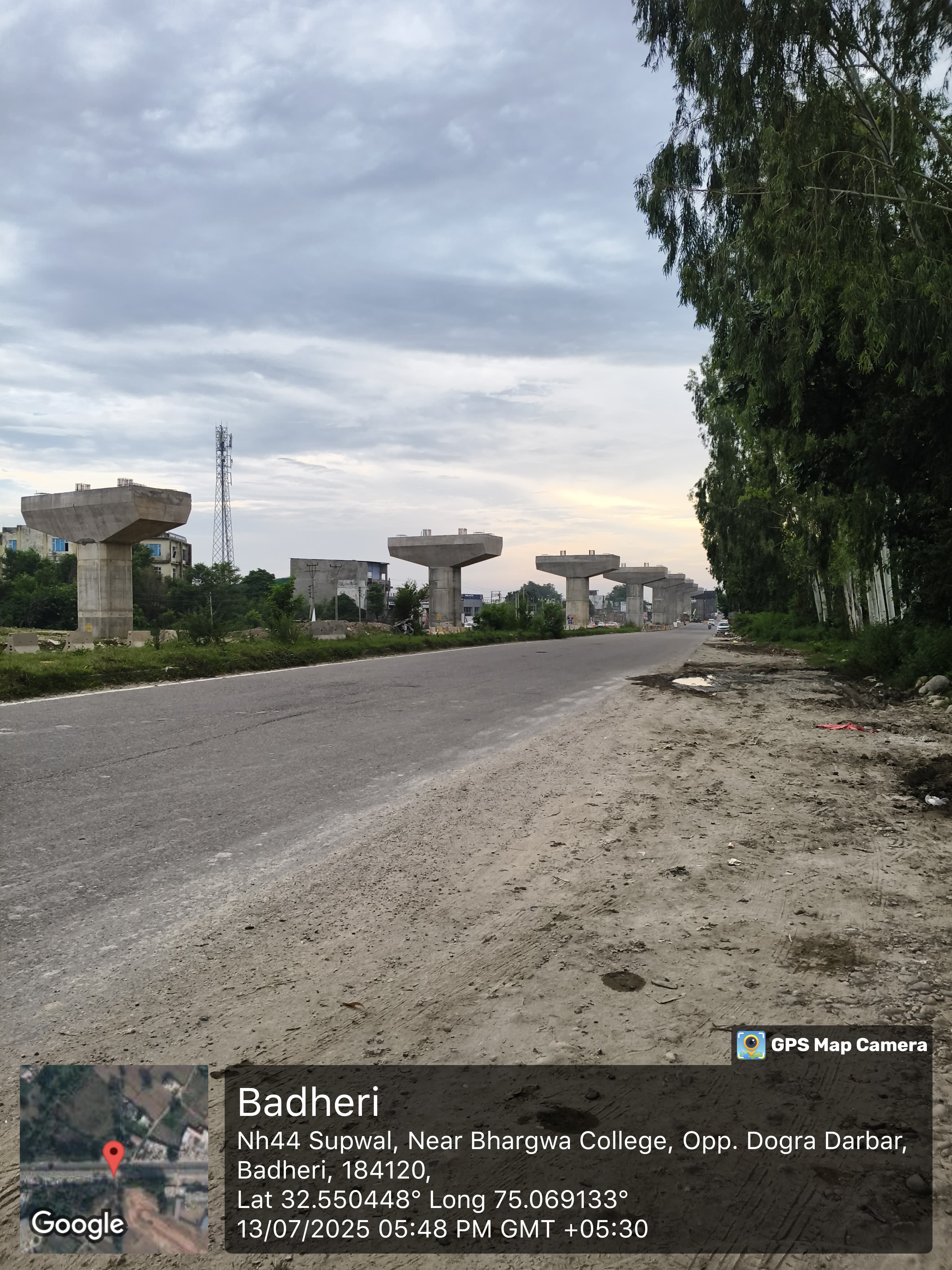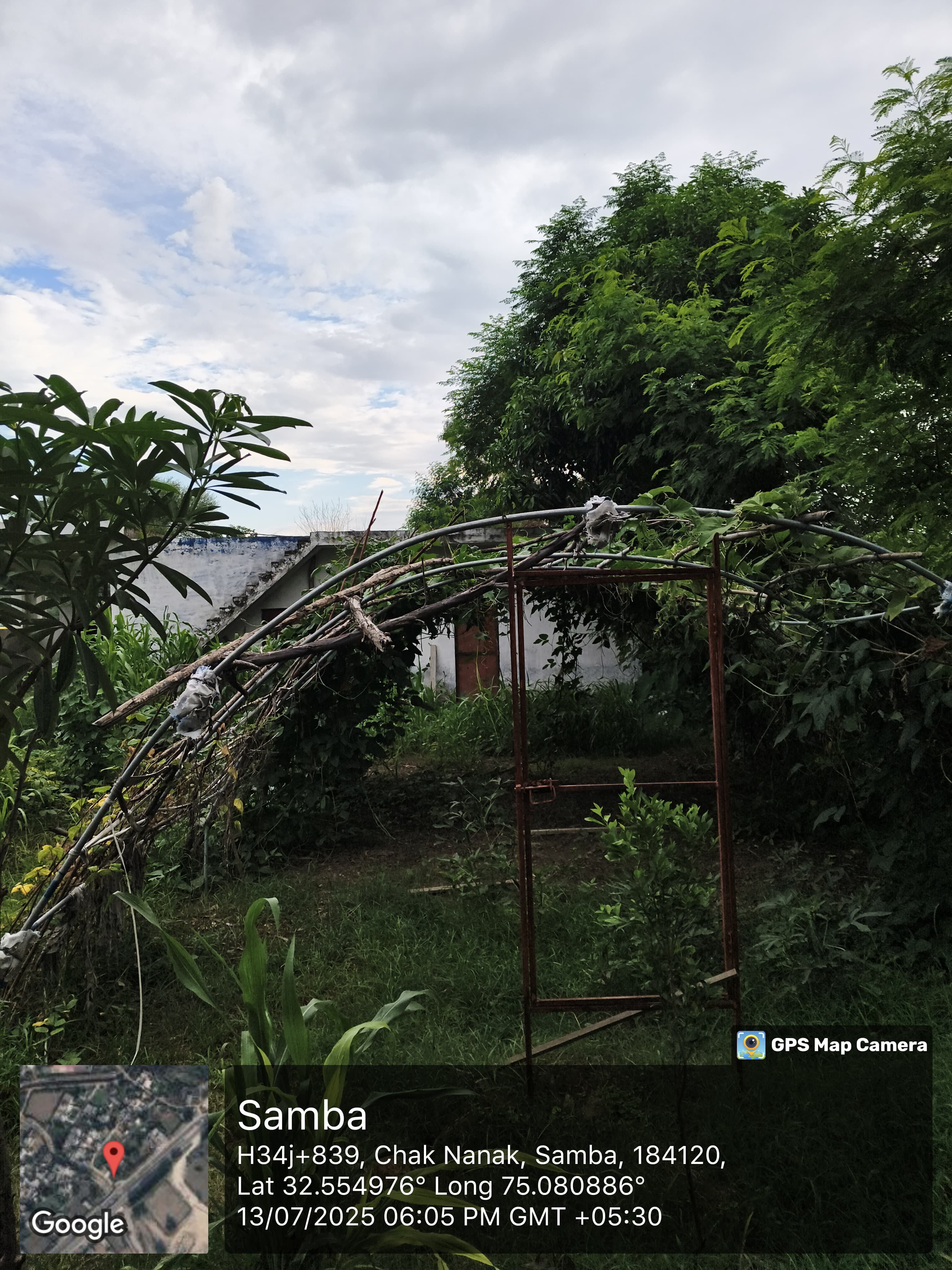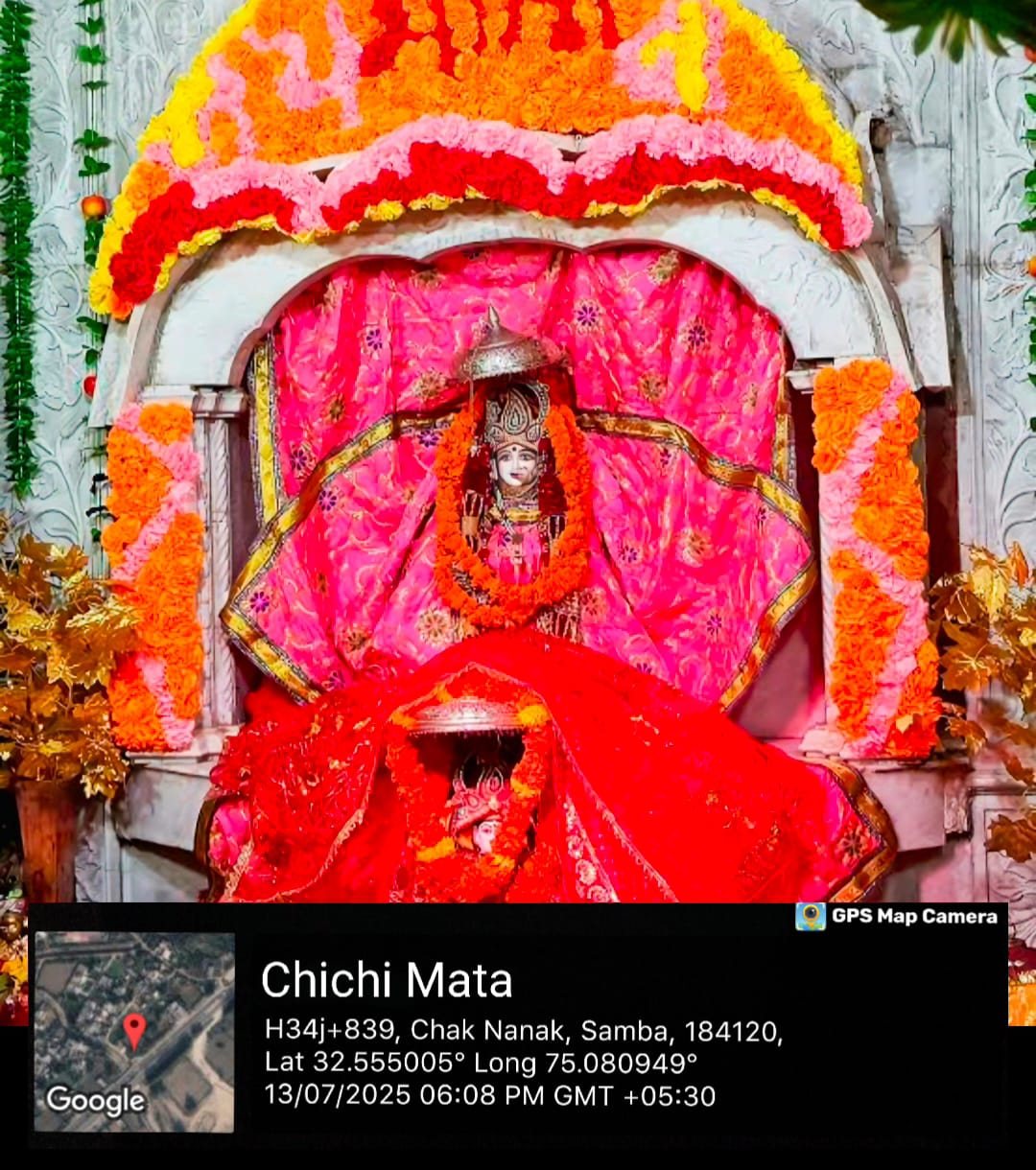Description
Introduction to Nanak Chak
Nanak Chak, also known as Chak Nanak, is a small rural settlement in Samba Tehsil of Jammu district, Union Territory of Jammu & Kashmir. Located about 4 kilometers from Samba town—the district and sub-district headquarters—the village enjoys the advantage of being near an urban center while still preserving its rural lifestyle. Though modest in size, Nanak Chak reflects the resilience and communal spirit of the Dogra people, with its cultural traditions, agricultural roots, and reliance on nearby urban networks.
Population and Urbanization
As per the 2011 Census, Nanak Chak has a total population of 987 residents, across 208 households. The community comprises 571 males and 416 females, giving the village a sex ratio of 729 females per 1,000 males, which falls below the state average. Children aged 0–6 years account for 10.23% of the population, numbering 101, with a child sex ratio of 772. Despite these imbalances, Nanak Chak has a vibrant community where social cohesion is strong. While the village itself remains rural, its closeness to Samba town allows residents to experience urban facilities and services.
Cultural Heritage and Community Life
The majority of Nanak Chak’s population belongs to Scheduled Castes (68.1%), which strongly influences its social and cultural identity. Traditions, folklore, and festivals form the backbone of village life. Religious observances and community gatherings are celebrated with enthusiasm, often organized at local venues or banquet halls. The Dogra heritage remains visible in rituals, attire, and collective values, with hospitality being a defining trait of the village.
Historical Context
Although Nanak Chak is a relatively small settlement, its existence is tied to the broader historical developments of Samba and the Dogra region. Samba, long regarded as the “land of warriors,” has been a center of cultural exchange and agricultural productivity. Villages like Nanak Chak grew under the Panchayati Raj system, ensuring democratic governance at the grassroots level. Oral traditions, family histories, and local narratives continue to preserve the memory of ancestors who settled here, contributing to the identity of the community.
Principal Attractions
Natural Beauty and Surroundings
Nanak Chak covers a compact area of 92.7 hectares (0.927 km²), surrounded by neighboring villages such as Langtha, Mandera, Sapwal, and Chak Manga Rakwal. The rural landscape features fields, trees, and water canals, making it a pleasant environment for agriculture and outdoor living. Its closeness to Samba offers residents and visitors the chance to enjoy both natural and semi-urban surroundings.
Social and Cultural Venues
A notable feature of the area is the presence of banquet and community halls, which highlight the importance of social life and communal celebrations. These venues are often used for weddings, village functions, and cultural programs, reflecting the deeply collective spirit of the village.
Best Time to Visit: Seasonal Festivities
Festival Celebrations
The best time to visit Nanak Chak is during regional festivals such as Baisakhi, Lohri, and Diwali, when cultural traditions are on full display. During these occasions, families gather, community feasts are organized, and music and dance form an essential part of the festivities. Weddings, often scheduled during festive months, also add to the vibrant atmosphere of the village.
Gastronomy: Local Cuisine
Traditional Dishes and Food Culture
Like most Dogra villages, Nanak Chak shares in the culinary traditions of the Jammu region. Popular dishes include Rajma-Chawal, Madra, and Khichdi, often prepared during community feasts or religious events. Pickles, dairy products, and locally grown vegetables form a regular part of meals. Food is not only nourishment but also an expression of hospitality, with villagers generously sharing meals during gatherings and festivals.
Village Lifestyle and Values
Community-Centered Living
Life in Nanak Chak revolves around simplicity, mutual support, and shared responsibilities. The Panchayati Raj system ensures grassroots governance, with a Sarpanch elected every five years. The strong presence of Scheduled Castes has shaped a community identity that values resilience, equality, and social cohesion. While agriculture remains a cultural foundation, the younger generation increasingly seeks opportunities in education and services in nearby Samba town.
Economic Activities: Occupations and Innovation
Primary Sources of Livelihood
A total of 352 individuals from the village form the workforce, with 97% engaged in main (full-time) occupations. Interestingly, agriculture is no longer the dominant occupation—only 4 residents identify as cultivators, and 6 in household industries—while the majority (332) work in services, small businesses, and labor in Samba. This shift illustrates the influence of urbanization and diversification of livelihood beyond traditional farming.
Educational Infrastructure
Though the village itself has limited educational facilities, the proximity to Samba ensures access to schools, higher secondary institutions, and colleges. The literacy rate of 73.36%—higher than the state average—demonstrates the villagers’ commitment to education. Male literacy stands at 78.4%, while female literacy lags at 66.4%, showing a gender gap that the community continues to work on bridging. With greater exposure to urban centers, young people from Nanak Chak increasingly pursue higher studies and professional skills.
Accessibility and Transport Connections
Nanak Chak is strategically located just 4 km from Samba town, providing easy road connectivity. From Samba, residents can access the National Highway and railway links, making the village well-connected to Jammu and beyond. Its location among neighboring settlements fosters inter-village cooperation and shared resources. This strong connectivity is one of the reasons why villagers can easily seek employment and services outside the agricultural sector.
Healthcare and Veterinary Services
Healthcare facilities within Nanak Chak are minimal, but its proximity to Samba ensures access to hospitals, primary health centers, and private clinics. Preventive healthcare, maternal care, and vaccination programs are generally availed in Samba. For veterinary needs—particularly for cattle and livestock that some households maintain—residents also rely on Samba’s veterinary hospitals. Though limited, the system allows the community to manage both human and animal health adequately.
Arts and Cultural Contributions
While Nanak Chak may not yet be home to widely recognized artists, the village contributes to the preservation of Dogra culture through folk music, dances, and oral storytelling. Banquet halls and community stages often become venues for performances during weddings and festivals. Through participation in regional fairs and festivals in Samba, the people of Nanak Chak ensure their traditions remain vibrant and relevant.
Entertainment and Cultural Venues
The village relies on banquet halls, religious sites, and community spaces for entertainment and cultural expression. Weddings, Ram Leela performances, and folk dance evenings form an essential part of cultural life. Residents also travel to Samba town for larger events, cinema, and sporting activities, thereby blending rural traditions with semi-urban entertainment.
Sports Facilities and Activities
Sports are a common pastime, especially among the youth of Nanak Chak. Games like cricket, volleyball, and football are played in open fields and nearby playgrounds. With Samba town only minutes away, young athletes also benefit from formal training grounds and sports centers. Local competitions during festivals foster enthusiasm and teamwork among the younger generation.
Biodiversity: Flora and Fauna
Nanak Chak is surrounded by fields, patches of greenery, and water canals that support local biodiversity. Common species include peacocks, parrots, monkeys, and small mammals. Agricultural lands also sustain seasonal crops and fruit trees, which provide food for both humans and animals. The village thus embodies a harmonious coexistence of rural livelihood and natural ecosystems.
Photos
Videos
Location Map
Contact Information
| Address |
Nanak Chak, Samba, PINCODE: - 184121, Jammu, |
| Phone Number | |
| Website | https://share.google/ezVJ61tqktD8r76Yy |

